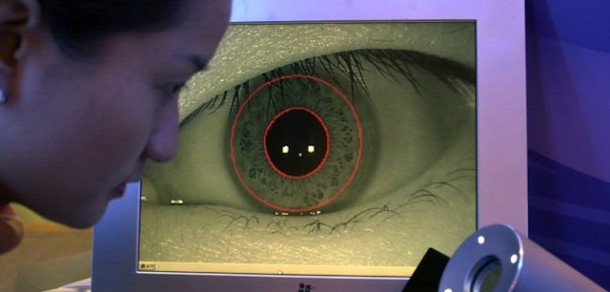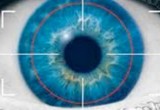Iris scans could save billions on medical data breaches
07 May, 2013
category: Biometrics, Health
Facilities in the health care industry are increasingly adding iris scanning systems in an effort to improve patient safety and cut down on medical fraud, reports Bloomberg.
The leading players in this field, Safran SA, Fujitsu Ltd., AOptix Technology Inc. and M2Sys Technology say that health care providers want the technology not just to make sure patients are being matched up with the correct treatment. They also hope it will stave off identity theft.
The Ponemon Institute estimates that data breaches can cost the health care industry up to $7 billion a year, with identity theft contributing to unpaid bills or consumers getting tagged for health care costs that they themselves did not accrue. The Institute surveyed 80 health care organizations and found that over half had experienced at least one instance of identity theft. Nearly all respondents had had a data breach within the last two years.
Iris scans are an attractive option for health care providers that wish to implement biometrics but may have issues with fingerprint scans to spreading germs and fingerprints being associated with criminals. Using a biometric identifier also means that the user always has the information with them.
Iris scans can also help alleviate the incidence of medical identity theft, though the World Privacy Forum says that a lot of medical theft takes place in-house, and that the implementation of electronic medical records has made stealing personal information easier.
The health care industry’s interest in iris biometrics could mean a boom for the industry. Global Industry Analysts (GIA) notes in a February 2013 report that most of the industry’s client base is in travel and immigration, with adoption coming from high-end security and access control. GIA predicts that over the next few years, growth will come from industries that are looking for unobtrusive identifiers, as well as industries where users can’t use their hands as an identity validation point.




